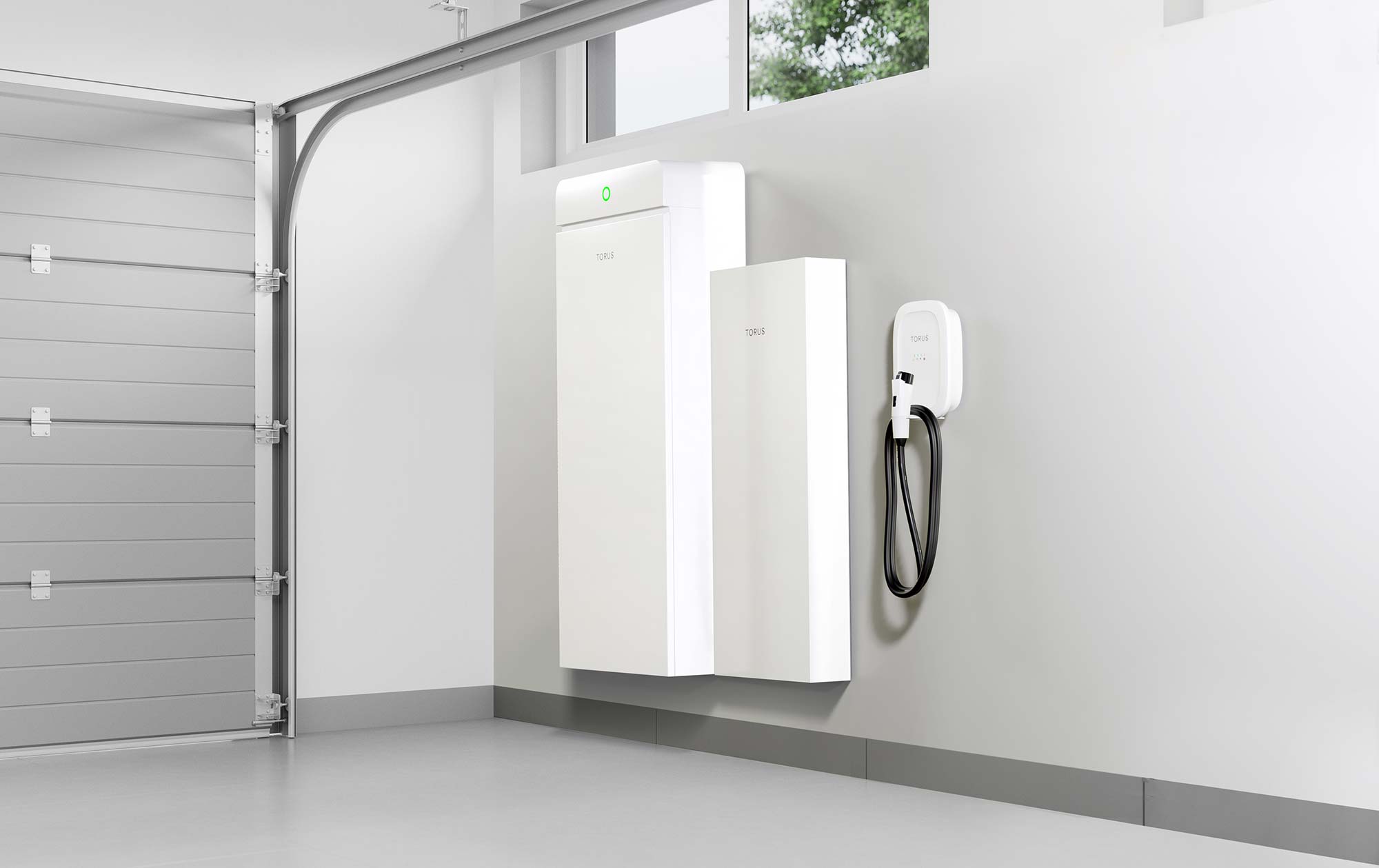How Much Do Electric Cars Cost?
Everything you need to know about EV prices and cost savings
While the environmental benefits of electric vehicles are clear, one crucial aspect that influences the decision to go electric is the cost. Below, we’re exploring the cost considerations of electric cars, including upfront prices, incentives, operating expenses, and long-term savings, giving you a better understanding of the financial implications of owning an electric vehicle (EV).
Upfront Cost: For now, electric vehicles generally have a higher upfront cost compared to their gasoline counterparts. This is primarily due to the advanced technology and expensive battery systems used in EVs. However, it's important to note that the prices of electric cars have been decreasing over time as technology advances and economies of scale come into play. Plus, government incentives, tax credits, and rebates can significantly offset the initial purchase price, making EVs more affordable and accessible.
Fuel and Maintenance Savings: One of the most significant cost advantages of electric cars lies in their lower operating expenses. The electricity used to charge EVs is generally cheaper than gasoline, resulting in substantial savings on fuel costs. Moreover, electric vehicles have fewer moving parts and require less frequent maintenance compared to internal combustion engine vehicles. EV owners never pay for things like oil changes, engine maintenance, and exhaust system repairs, leading to long-term savings.
Tax Credits and Incentives: Governments and utility companies around the world provide various incentives to promote the adoption of electric cars. These incentives can include federal or state tax credits, grants, rebates, or other special programs. For example, in the U.S., the federal government offers a tax credit of up to $7,500 for eligible EV purchases. Local incentives and utility programs may reduce the cost of owning an electric car even further, making them more financially viable.
Long-Term Savings: Although electric cars may have a higher upfront cost, they can result in long-term savings over the vehicle's lifetime. Factors contributing to long-term savings include:
- Fuel Efficiency: Electric cars are more energy-efficient, typically offering more miles per kilowatt-hour compared to gasoline vehicles. This translates to lower fuel costs over time.
- Maintenance: Electric vehicles have fewer mechanical components prone to wear and tear, leading to reduced maintenance and repair expenses.
- Depreciation: While EVs may have slightly higher depreciation rates initially, as the market expands and demand increases, their resale values are expected to stabilize or even improve, potentially mitigating depreciation losses.
The Torus Station is the most effective way to create, store, and manage clean, renewable energy at home.
Curious? Learn More.
Interested in a free consultation? Get in Touch
Ready to commit? Customize your system




